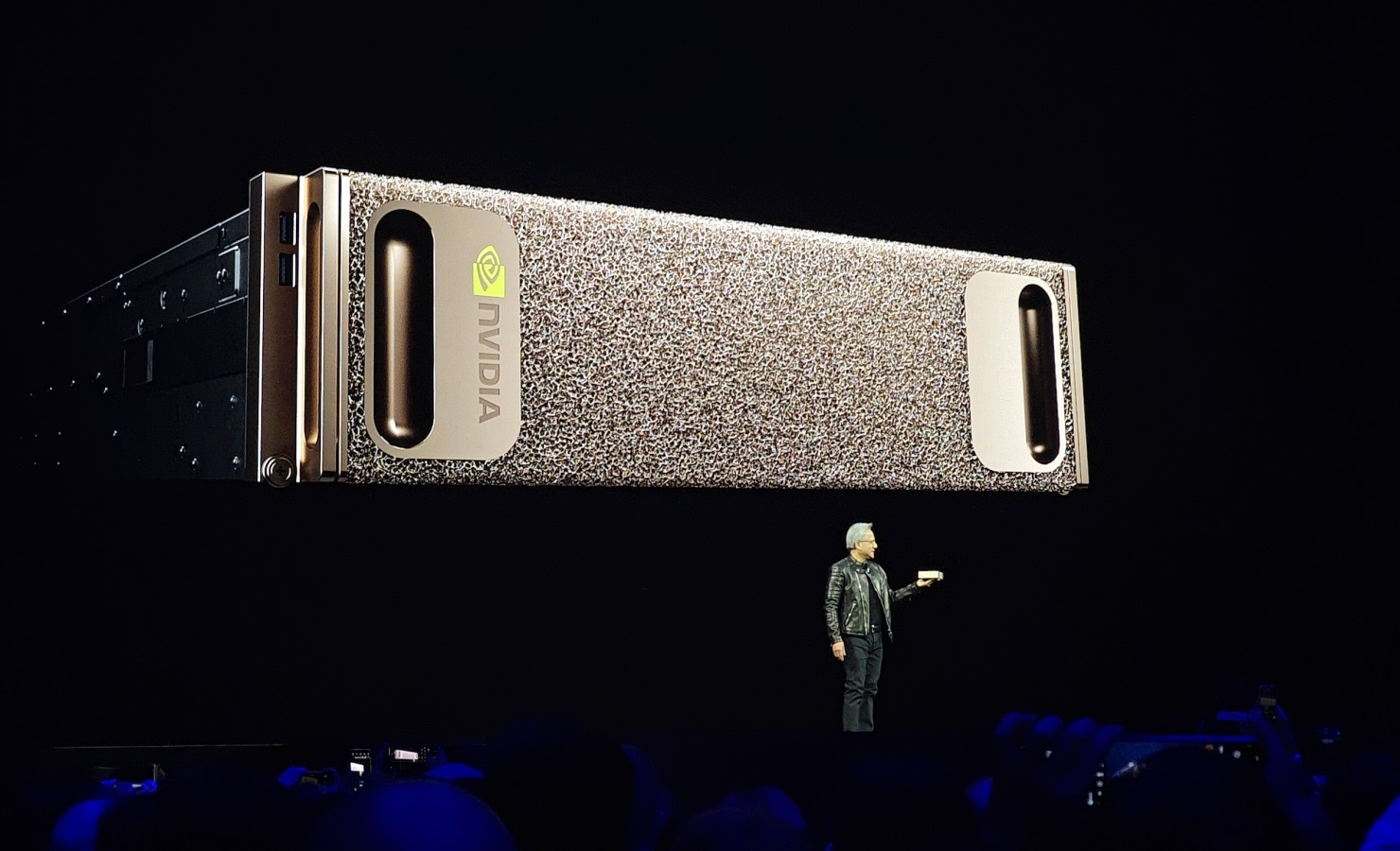NVIDIA Launches DGX Spark Mini PC — A Desktop AI Supercomputer for $3,999

NVIDIA has announced that its **DGX Spark** — a compact, high-performance AI workstation — will go on sale starting October 15, 2025, with a price tag of **USD 3,999**. This mini PC blends datacenter-class AI capabilities into a form factor suitable for desktops and labs.
Quick Insight: The DGX Spark bridges the gap between cloud-scale AI compute and local development environments, letting creators, researchers, and teams run serious models without needing massive infrastructure.
1. Core Specifications & Architecture
• Built around the **GB10 Grace Blackwell superchip**, combining GPU and CPU in a unified architecture.
• **128 GB of unified memory**, enabling large models and tensor workloads to run seamlessly.
• **Up to 4 TB of NVMe SSD storage** for local datasets, checkpoints, and model assets.
• High-bandwidth interconnects (NVLink-C2C, etc.) to maximize GPU–CPU data transfer speeds.
• Delivers on the order of **1 petaflop** of AI compute performance for inference and model experimentation.
2. Use Cases & Target Users
• Local model training, fine-tuning, and inference for small to midsize AI models.
• Rapid prototyping of agents, vision & language systems, robotics stacks, and research pipelines.
• Edge AI deployment, development in constrained environments, and on-prem compute for privacy-sensitive workloads.
• Educational institutions, AI labs, and tech startups wanting powerful AI tools without cloud dependency.
3. Advantages & Unique Selling Points
• High performance in a desktop form factor — no need for server racks or specialized cooling.
• Unified memory architecture simplifies data flow between GPU and CPU, reducing overhead.
• Ships with NVIDIA’s AI software stack, making it ready for AI workflows out-of-the-box.
• Enables more deterministic and private experiments, without cloud cost or latency.
• Helps democratize access to powerful AI infrastructure for individuals and smaller teams.
4. Challenges, Limitations & What to Consider
• A single-node device — it’s not a cluster and may not replace multi-GPU or distributed training setups.
• Energy and thermal management are critical — high utilization can stress cooling.
• The price (USD 3,999) is steep for many markets once shipping, taxes, and local fees are considered.
• How well it will support larger, more complex models (hundreds of billions of parameters) remains to be seen.
• Long-term support, upgrade paths, and software compatibility are key considerations.
5. Global & African Impacts
• In regions with limited cloud access or bandwidth constraints, DGX Spark offers a viable on-prem alternative.
• Local AI labs and universities in Africa could leverage this to build, test, and teach AI workflows without full dependence on expensive cloud compute.
• Import costs and local support are challenges — but early adopters may secure partnerships or grants to offset.
• It signals a trend: AI compute is becoming more accessible, pushing edge and hybrid AI closer to reality across emerging markets.
